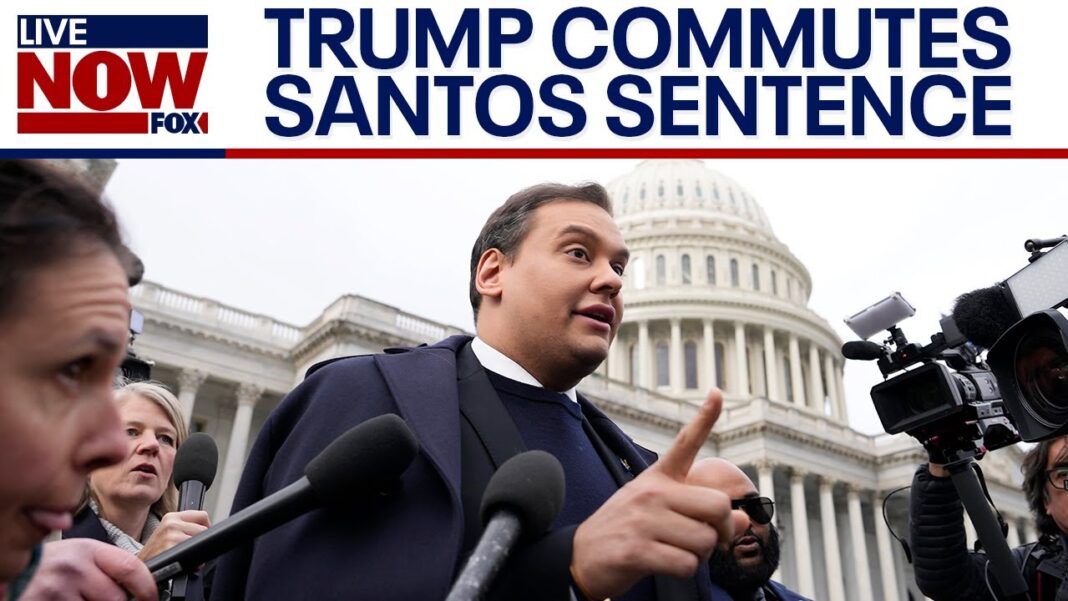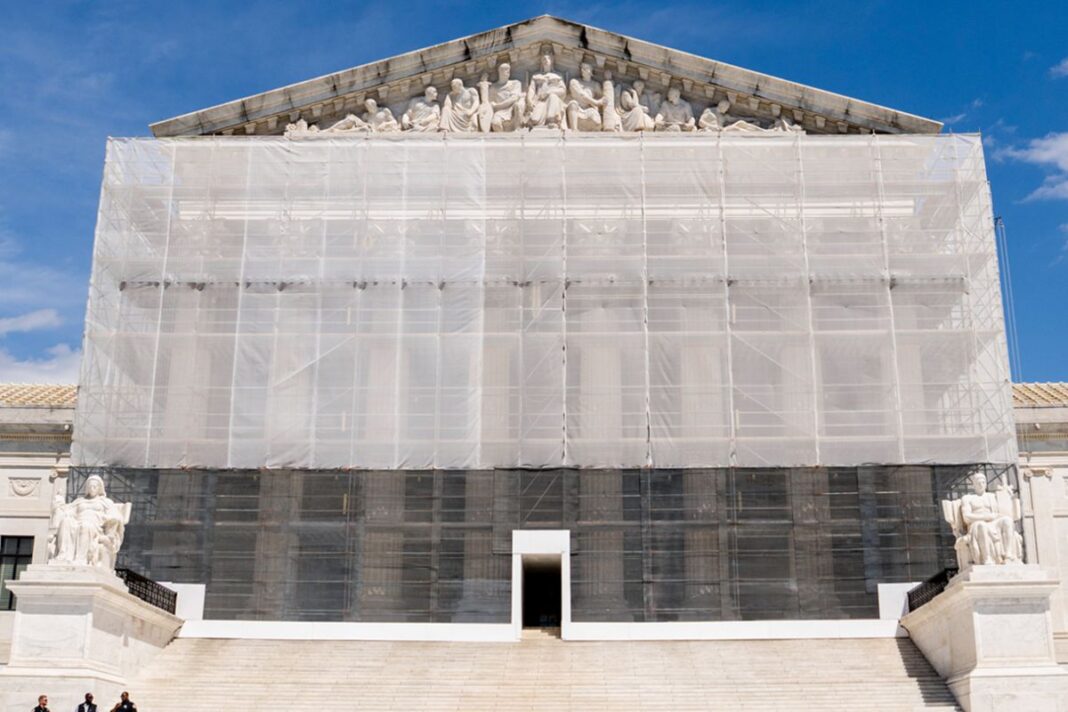The White House trade adviser says the world has come together in countering the communist regime’s economic aggression.
WASHINGTON—The world has now woken up to the consequences of China dominating global supply chains, said White House trade adviser Peter Navarro.
“That’s kind of the state of play,” he said at an Oct. 17 event at the Council on Foreign Relations. “The world has fundamentally changed based on what we’ve observed, and the world will not go back to sleep on this.”
The comments note a contrast in global attitude to when he served at the White House during the first Trump administration.
In 2017, Navarro was a key driver directing the administration to conduct a nine-month review of the U.S. defense industrial base. The resulting 146-page report, released in the following October, identified China as “a significant and growing risk to the supply of materials and technologies deemed strategic and critical to U.S. national security.”
When it comes to critical energetic materials for munitions and missiles, the report noted, there’s often “no other source or drop-in replacement material.” And in cases where that option exists, it added, the time and cost can be prohibitive—sometimes hundreds of millions of dollars each.
“My job, literally every day, is to worry about whether we have enough magnets or pharmaceuticals or ball bearings or whatever it is that we need,” Navarro said, citing an old proverb: “The war was lost through a horseshoe.”
“You cannot project power if you surrender production; you cannot deter aggression when your supply chains run through your opponent’s ports; you can’t lead the free world if you can’t make what the free world needs.”
Now, the Chinese regime’s economic aggression is getting harder to overlook.
“My job is a lot easier, because I don’t have to convince anybody anymore.
“And what’s extraordinary to me is that it’s not just in this magnet issue, it’s not just us—it’s the whole world.”
President Donald Trump a week ago unveiled an additional 100 percent tariff on imports from China, citing Beijing’s “aggressive” restrictions on rare earth elements, which are used in virtually all electronic devices, and the regime has a near-monopoly on.
Trump on Friday acknowledged that the high levy is not sustainable but suggested he saw no other option.
“They forced me to do that,” the president said in a Fox Business Network segment aired on Friday, adding that the United States is still seeking a “fair deal.”
“China has ripped us off from day one,” he said.
By Eva Fu







